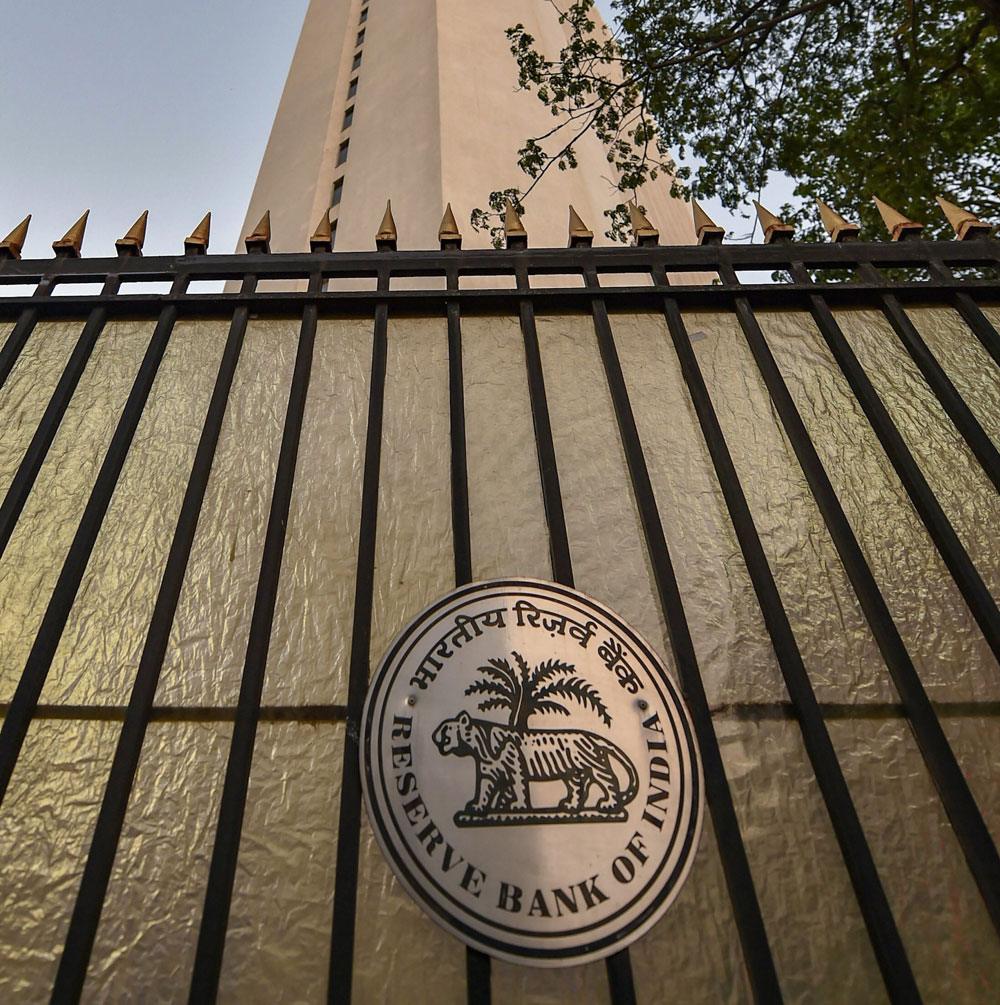In a major relief to retail and corporate borrowers, the RBI on Friday lowered the policy repo rate by 75 basis points, which could bring down the interest rates on loans, and eased the payment terms as well.
The repo cut along with the lowering of the cash reserve ratio (CRR) should lead to a decline in interest rates on all loans, including those linked to the marginal cost of funds based lending rate (MCLR) and the external benchmark.
However, the most important relaxation at a time businesses are witnessing disruption in activity and individuals are facing salary cuts is the three-month moratorium on term loans taken from commercial banks and non-banking finance companies, including housing finance companies. This will apply to all term loans as on March 1, 2020.
However, the discretion will be with the lending institution.
The relaxation will cover all retail loans, including home and car loans, and even credit card dues. It will also include agricultural and crop loans. In a circular, the RBI said the instalments will include payments due from March 1 to May 31. They will cover the principal and/or the interest component, bullet repayments, equated monthly instalments (EMIs), besides credit card dues.
If a bank decides to give such a relief, the repayment schedule for these loans and the residual tenor will be shifted by three months after the moratorium period. Moreover, the interest will continue to accrue on the outstanding portion of the term loans during the moratorium period.
To incentivise the lending institutions, the RBI said if they use the option and reschedule a loan by three months, it will not result in any downgrade of the asset. In other words, the borrower’s credit score will not be affected by his or her inability to pay the due amount.
“As the moratorium/deferment/recalculation of the drawing power is being provided specifically to enable the borrowers to tide over the economic fallout from Covid-19, the same will not be treated as concession or change in the terms and conditions of loan agreements due to the financial difficulty of the borrower,” the RBI said.
It added that the rescheduling of payments, including interest, will not qualify as default for the purpose of supervisory reporting and reporting to credit information companies (CICs) by the lending institutions.
The RBI also had good news for several businesses affected by the loss in economic activity. For working capital facilities sanctioned in the form of cash credit or overdraft, lending institutions can defer the payment of interest by a period of three months with regard to all such facilities outstanding as on March 1, 2020. In such cases, the accumulated interest will be paid after the expiry of the deferment period.
It also eased the rules for working capital financing at a time cash flows of many industries, particularly the small businesses, have taken a hit. The RBI said in the case of such facilities which have already been sanctioned, the lenders can recalculate the drawing power by reducing margins or reassess the working capital cycle for the borrowers and these changes will not result in any asset classification downgrade.











